Indigenous Governance Database
treaties
Peterson Zah: Finally We Are Growing Our Own
Recorded on March 25, 2010, in this lecture Dr. Peterson Zah discusses the history of Native American education, Navajo education, and his involvement recruiting Native American students to attend college. He also stresses the importance of higher education to the success of Native nations' efforts…
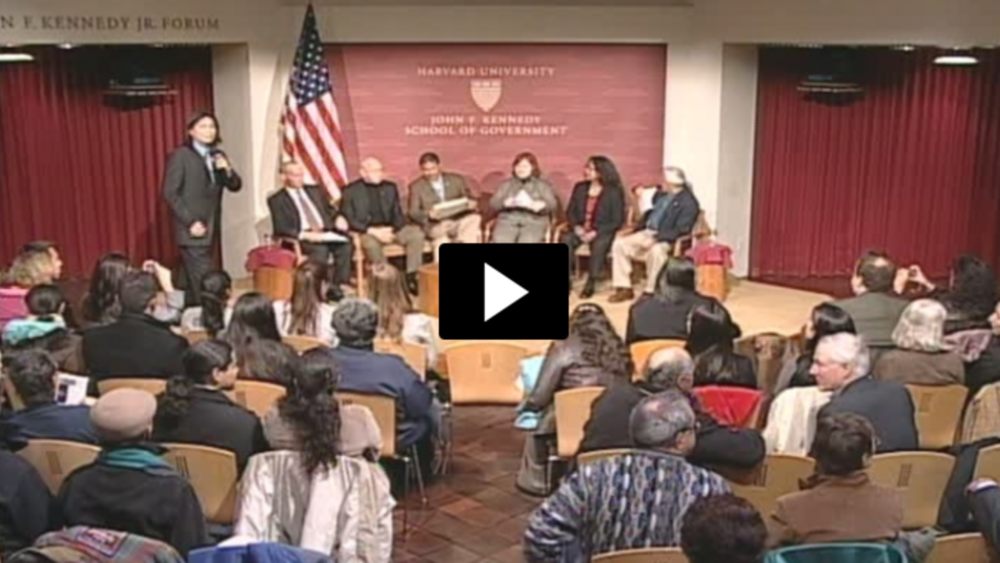
The Future of the U.S./Tribal Nations Relationship
Harvard Project on American Indian Economic Development Co-Directot Joseph P. Kalt leads a moderated discussion with Native nation leaders about the state of the tribal-federal relationship. Held in 2007, the forum featured Jamestown S'Klallam Chairman Ron Allen, Mescalero Apache President Mark…
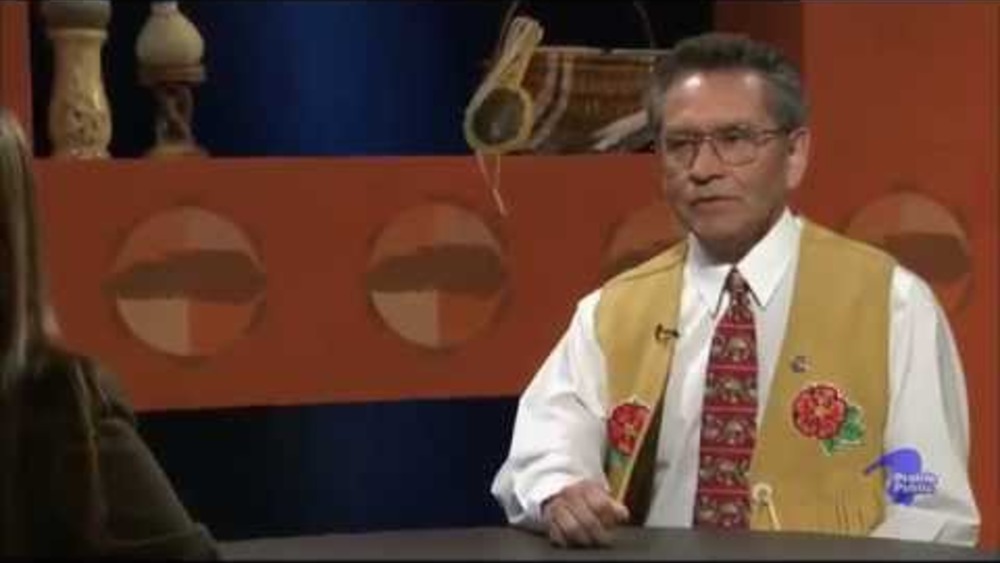
Indian Pride: Episode 104: Tribal Relations and the United States
Indian Pride, an American Indian cultural magazine television series, spotlights the diverse cultures of American Indian people throughout the country. This episode of Indian Pride features Edward Thomas, President of the Tlingit and Haida Central Council, and focuses on the topic of tribal…
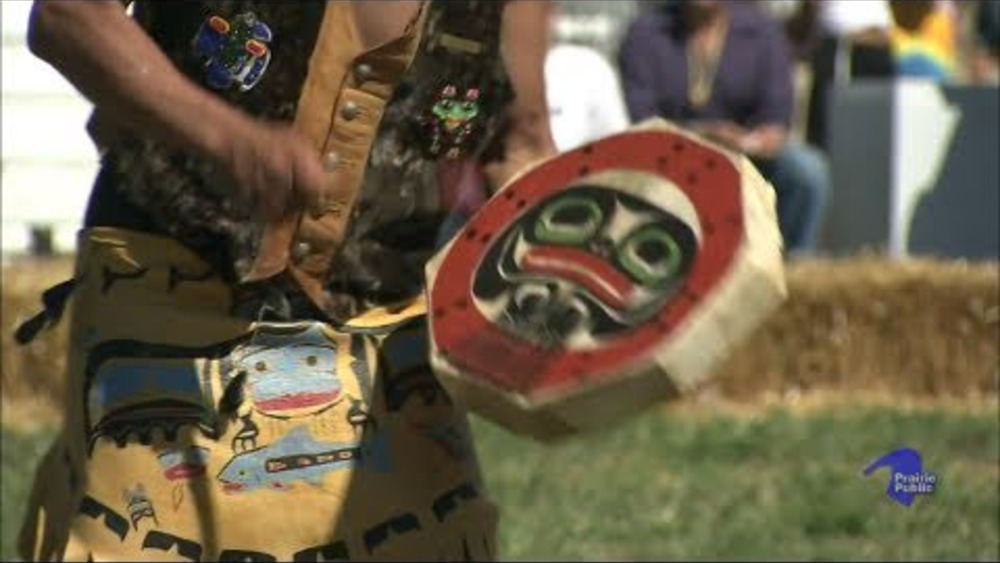
Indian Pride: Episode 102: Treaties & Sovereignty
Indian Pride, an American Indian cultural magazine television series, spotlights the diverse cultures of American Indian people throughout the country. This episode of Indian Pride features John Echohawk, Executive Director of the Native American Rights Fund, and focuses on understanding Indian…
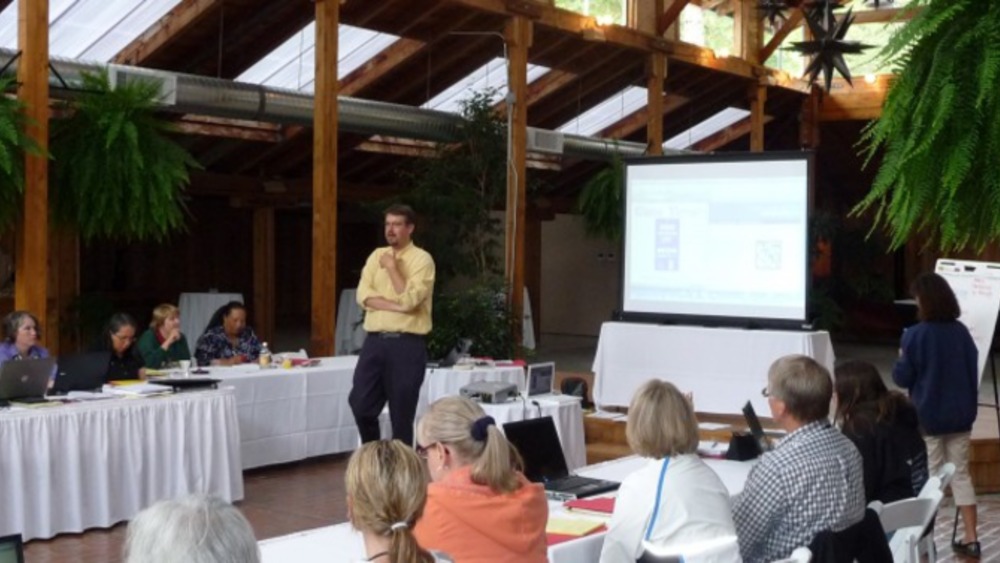
Since Time Immemorial: Tribal Sovereignty in Washington State Curriculum
Welcome to “Since Time Immemorial: Tribal Sovereignty in Washington State,” a ground-breaking curriculum initiative made possible through federal, state, and tribal funding. This project seeks to build lasting educational partnerships between school districts and their local tribes via elementary,…
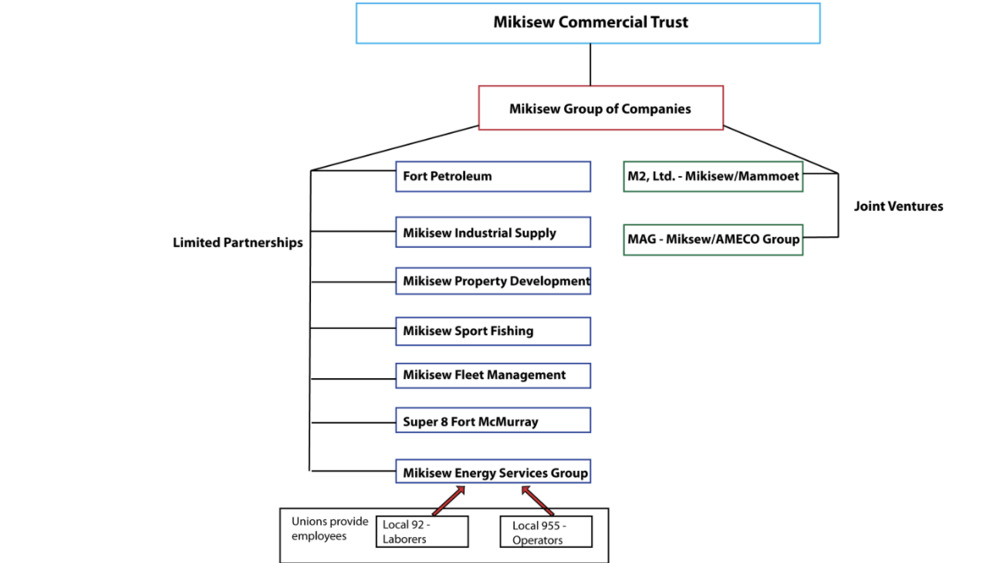
Forwarding First Nation Goals Through Enterprise Ownership: The Mikisew Group Of Companies
The Mikisew Group of Companies (Mikisew Group) is the business arm of the Mikisew Cree First Nation (MCFN). Founded in 1991 using monies from a $26.6 million land claim settlement with the governments of Alberta and Canada, it has achieved remarkable success. This success is evident in the wide…
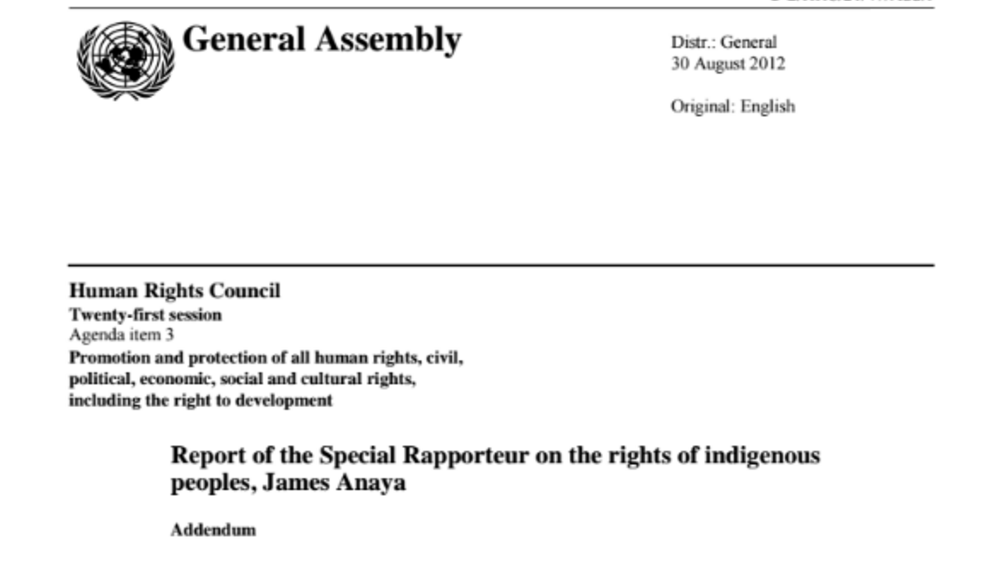
The situation of indigenous peoples in the United States of America
In this report, the United Nations Special Rapporteur on the rights of indigenous peoples examines the human rights situation of indigenous peoples in the United States, on the basis of research and information gathered, including during a visit to the country from 23 April to 4 May 2012. During…
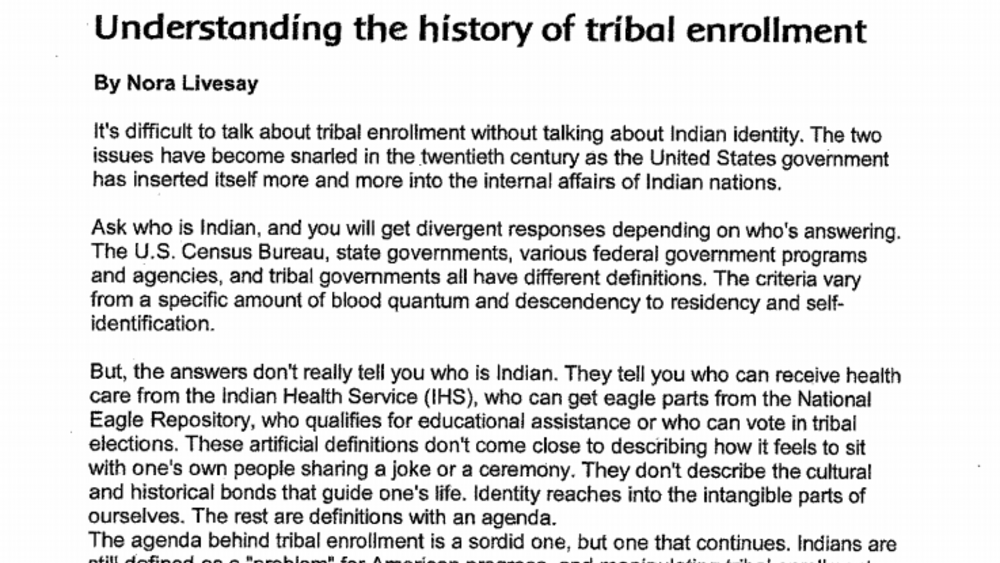
Understanding the history of tribal enrollment
It's difficult to talk about tribal enrollment without talking about Indian identity. The two issues have become snarled in the twentieth century as the United States government has inserted itself more and more into the internal affairs of Indian nations. Ask who is Indian, and you will get…
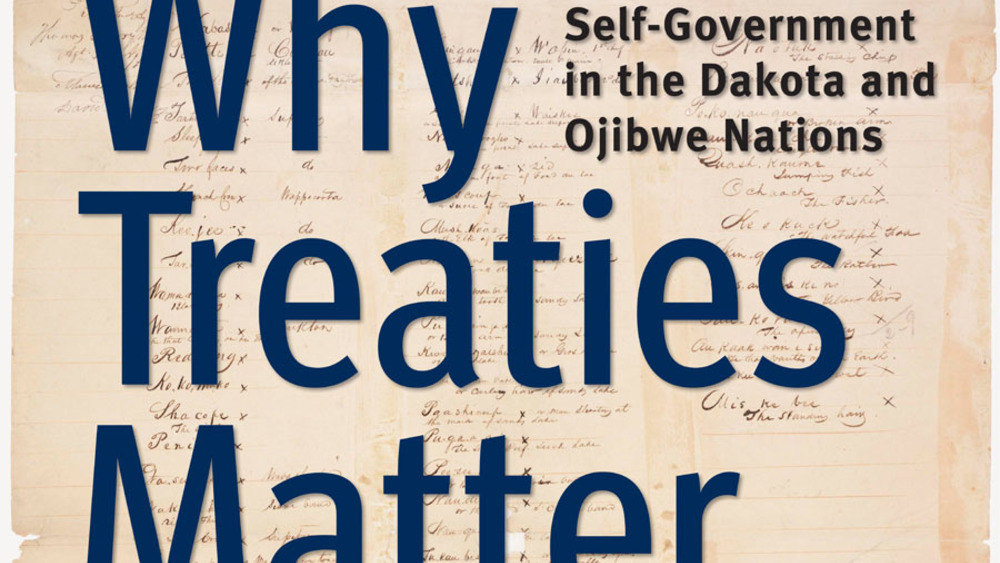
Why Treaties Matter: Relations: Dakota & Ojibwe Treaties
Ojibwe and Dakota people in what is now Minnesota signed dozens of treaties with the United States. Among these treaties are famous land cession agreements in which sovereign American Indian groups retained ownership or use of natural resources — land, water, timber, minerals — or transferred these…
Pagination
- First page
- …
- 1
- 2
- …
